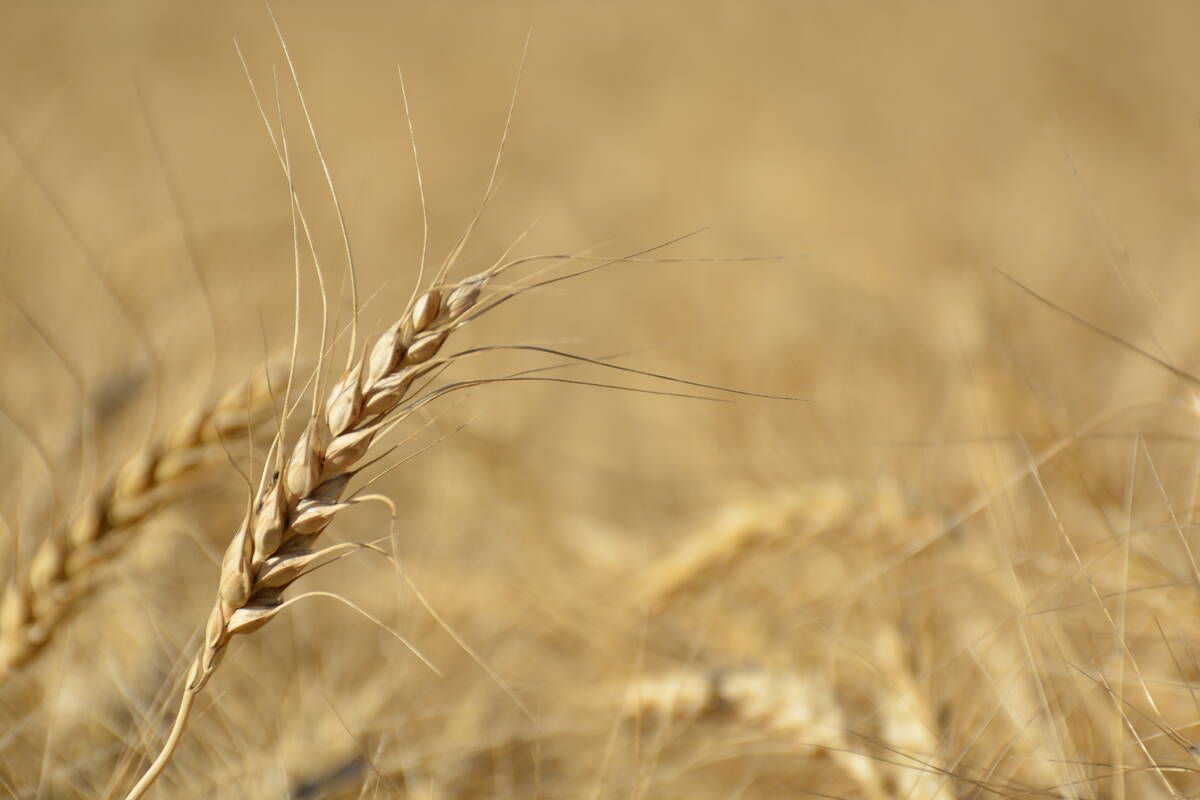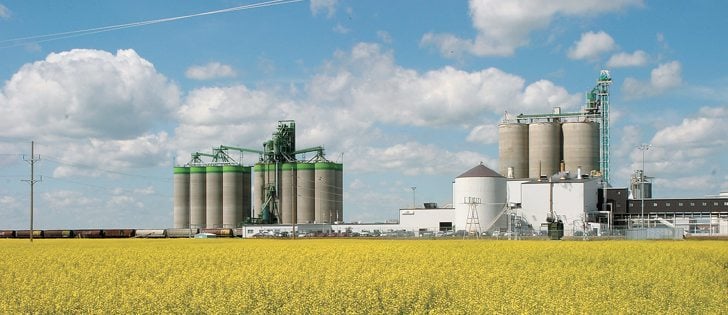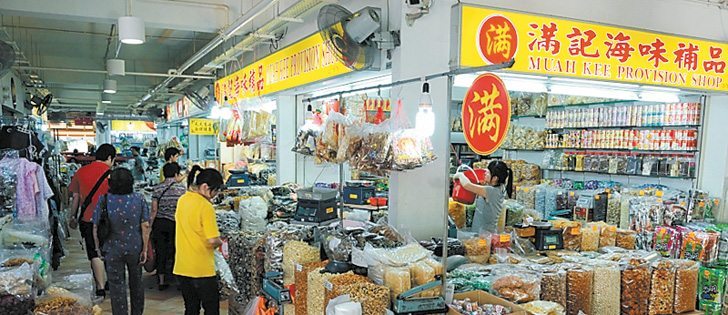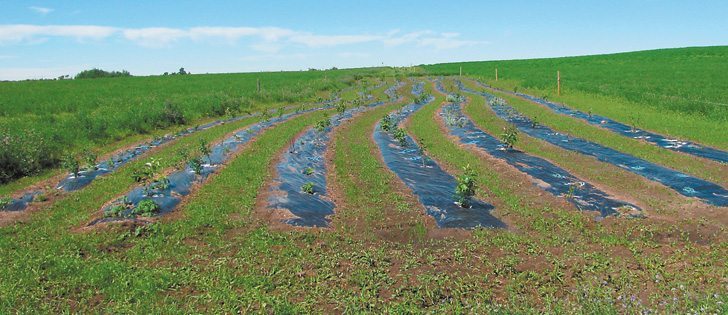Recession-weary Americans are sensitive to trade imbalances
WASHINGTON, D.C. — With moods as bright and shiny as the canola lapel pins most were wearing, members of the Canadian canola industry were completely out of place with the mood dominating the country in whose capital city they were visiting.
Few Americans are enjoying the mix of profits, good times and optimism that is common among farmers and Western Canadians.
“Canadians, especially those from Western Canada who haven’t been spending a lot of time in the United States (might not realize that while) it’s not the Great Depression . . . it’s the worst (economic times) since the Great Depression,” said Canadian-born, Washington-based conservative journalist David Frum.
Read Also

USDA’s August corn yield estimates are bearish
The yield estimates for wheat and soybeans were neutral to bullish, but these were largely a sideshow when compared with corn.
“It goes on and on. It’s been five bad Christmases in a row for the typical American family.”
Frum and other commentators and analysts warned canola growers and the rest of the canola industry that America is in a dark and polarized place right now, and that American feelings could erupt in unpredictable ways.
That, combined with a grim economic outlook for most developed countries excluding Canada, provided a challenge to the brimming confidence of the canola council attendees, who are in an industry that seems to be in an unstoppable rise. Commodity-exporting countries like Canada are doing well, but a lot of things could go bad in the world economy.
However, none said Canadian canola, crop or livestock producers face an imminent threat of trade action or other disruptions.
“I hadn’t expected the kind of anger that I witnessed when I got to Washington in the middle of very difficult financial times,” said Canadian ambassador to the U.S. Gary Doer in response to a question.
“I am used to coming to the United States with the confidence and swagger and optimism, and I think that here for a period of time, there has been a bit of, ‘Who’s responsible? Who’s accountable (for all the troubles)?’”
Frum and Doer said the left-right cleavage in American politics has become rancorous, and caustic debates such as the one over the Keystone XL pipeline from Alberta to Texas could damage the cross-border relationship.
“Canada has found itself at risk of becoming a partisan issue in the United States and in Washington, a place you never want to be if you’re trying to get something done,” said Frum.
Doer, who Frum credited with having a unique ability to get along with people from across the political spectrum, noted that the bad economic times are making Americans react to many issues.
“It’s been a lot of tough sledding here that’s a little beyond what we went through in Canada,” said Doer.
Frum said trade disputes might arise soon after the next presidential election in November, but they won’t focus on Canada-U.S. trade.
“The coming trade frictions are going to be much more across the Pacific than across the border,” said Frum in an interview. “We’re heading, especially if the Republicans win, to some pretty tough trade frictions between the United States and China over currency issues.”
Frum urged Canadians to not allow border disputes over trade become emotional or too noticeable, as the Keystone XL issue became.
“Keep the relationship low-key. The more technical you can make these issues, often the easier they are to resolve,” said Frum.
Economic analyst Ranga Chand gave the canola meeting a dire economic outlook, which saw few solutions for the lingering, festering problems in the United States and Europe.
The risk of deflation is great, a euro currency meltdown could cause grave economic damage, and situations like Iran’s nuclear program could give the world economy a shock.
But he was generally upbeat about commodities like canola.
In an interview, he said commodity prices will continue to be volatile, and economic chaos or war could send a shock through the world economic system, but that commodities like canola should stay relatively strong.
“As long as economic growth powers along in emerging markets, particularly amongst the BRIC (Brazil, Russia, India, China) countries, it’s going to be good news for commodity producers,” said Chand.
“Of course there will be fluctuations, but it is the growth of the emerging markets that is most important.”
















